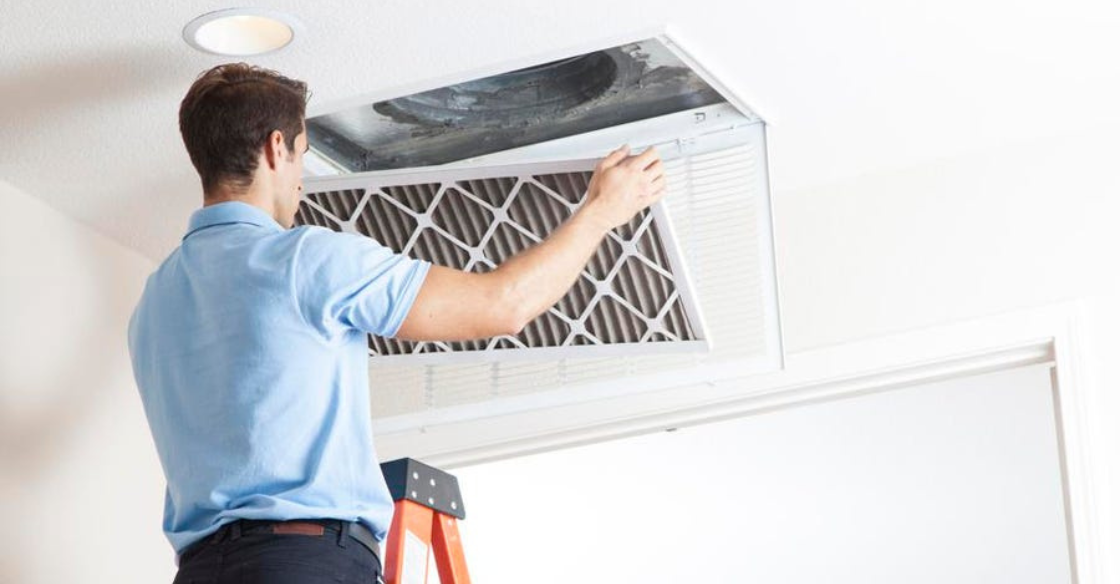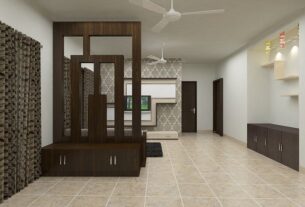In the radiant warmth of Costa del Sol, air conditioners stand as essential guardians of comfort. Recognizing the vital role they play, Air Conditioning Malaga is dedicated to helping you manage your cooling needs efficiently. Increased reliance on air conditioning doesn’t necessarily have to mean skyrocketing energy bills. Through smart practices and proactive measures, you can significantly curb energy usage while maintaining optimal comfort. Here’s an expanded guide on energy-saving strategies to keep your home cool and your bills lower.
- Mastering Optimal Temperature Settings
Achieving the perfect balance in temperature settings is key to energy efficiency. It’s tempting to set the AC at a very low temperature, but this can lead to excessive energy use. The U.S. Department of Energy suggests a setting of 78°F (26°C) during active hours at home. When you’re out or asleep, raising the temperature slightly can contribute to significant energy savings without sacrificing comfort. This approach not only ensures a pleasant environment but also aids in managing energy costs effectively.
- The Importance of Regular Maintenance
A well-maintained air conditioning system is synonymous with efficiency. Neglected filters, laden with dust and debris, impede airflow, compelling the system to exert more effort and consume more energy. A routine of cleaning or replacing your air filters can enhance energy efficiency by 5% to 15%. Further, paying attention to the cleanliness and condition of the AC’s coils and fins is equally important, as it ensures the system functions optimally.
- Embracing Programmable Thermostats
The advent of programmable thermostats marks a leap in energy management. These devices allow you to tailor the cooling schedule based on your daily routine, automatically adjusting the temperature in your absence and ensuring a cool environment upon your return. The latest models are even capable of learning your habits and preferences, adjusting the settings for peak efficiency without manual intervention.
- Maximizing Natural Ventilation and Shading
Harnessing natural ventilation and effective shading can substantially lessen the burden on your AC. On cooler days or during the evenings, open your windows to invite a fresh breeze. Employ shades, blinds, or curtains to block out the sun’s heat during the day, especially for windows facing direct sunlight. This strategy helps in maintaining cooler indoor temperatures naturally, reducing the AC’s workload.

- Investing in Energy-Efficient Air Conditioning Units
When contemplating a new air conditioner, prioritizing energy efficiency is a wise decision. Air conditioners with a high Seasonal Energy Efficiency Ratio (SEER) may command a higher initial investment but can offer considerable savings in the long run through reduced energy consumption. These modern units are designed to provide maximum cooling while using minimal energy, aligning cost-saving with environmental consciousness.
- Sealing and Insulation for Enhanced Efficiency
A critical aspect often overlooked is the sealing and insulation of your home. Gaps and leaks around doors, windows, and other openings can result in cool air escaping, overburdening your AC. Ensuring proper insulation and sealing can help maintain a consistent and comfortable indoor temperature, diminishing the frequency and intensity of air conditioning required.
- Reducing Internal Heat Sources
Be mindful of internal activities that generate heat. Using heat-producing appliances like ovens or dryers during the cooler parts of the day can prevent additional strain on your AC during the warmer hours. Additionally, switching to energy-efficient lighting and appliances can also reduce internal heat, contributing to a cooler indoor environment.
- Utilizing Fans for Air Circulation
Incorporating fans into your cooling strategy can be effective. Ceiling fans or portable fans help circulate air within rooms, creating a wind-chill effect that can make the environment feel cooler. This allows for a higher thermostat setting without compromising comfort, leading to energy savings.
Air Conditioning Malaga – Your Ally in Efficient Cooling
At Air Conditioning Malaga, our commitment extends beyond providing superior air conditioning solutions. We are dedicated to empowering you with knowledge and tools to create an energy-efficient, comfortable living space. By adopting these thoughtful strategies, you can relish the coolness of your air conditioner without the concern of high energy costs. Small, consistent changes in how you use and maintain your AC can translate into substantial savings and a more sustainable lifestyle.
How does air conditioning work?
Air conditioners cool indoor spaces using a process known as the refrigeration cycle. This cycle involves a refrigerant passing through various states (gas and liquid) and components (compressor, condenser, expansion valve, and evaporator). The compressor increases the pressure of the refrigerant, turning it into a hot gas. This gas then flows through the condenser coils, where it releases its heat to the outside air and converts back into a liquid. The liquid refrigerant, upon reaching the expansion valve, undergoes pressure and temperature reduction. It then enters the evaporator coils, where it absorbs heat from the indoor air, thereby cooling it. The refrigerant, now a gas, cycles back to the compressor to repeat the process.
What is the cost of air conditioning?
The cost of air conditioning varies widely based on the type of system, installation requirements, and the size of the space to be cooled. Window units and portable air conditioners are generally the least expensive, costing a few hundred dollars. Central air conditioning systems are more expensive, with prices ranging from several thousand dollars upwards, including installation. Operating costs depend on factors like the unit’s efficiency, electricity rates, frequency of use, and the climate of the area.
How often should air conditioning filters be replaced or cleaned?
Air conditioning filters should be checked monthly and replaced or cleaned as needed. In general, disposable filters should be replaced every 1-3 months. If you have pets, allergies, or live in a dusty area, you may need to replace them more frequently. Washable filters should be cleaned according to the manufacturer’s instructions, typically every 1-3 months. Regular cleaning or replacement of filters is essential for maintaining airflow and efficiency, as well as ensuring good indoor air quality.
When should I replace my air conditioner?
Typically, an air conditioner should be replaced every 10-15 years. However, several signs may indicate the need for an earlier replacement, such as frequent repairs, declining efficiency, uneven cooling, or the system using an outdated and environmentally harmful refrigerant. Replacing an old, inefficient unit with a new, energy-efficient model can improve comfort, reduce energy bills, and be more environmentally friendly.





